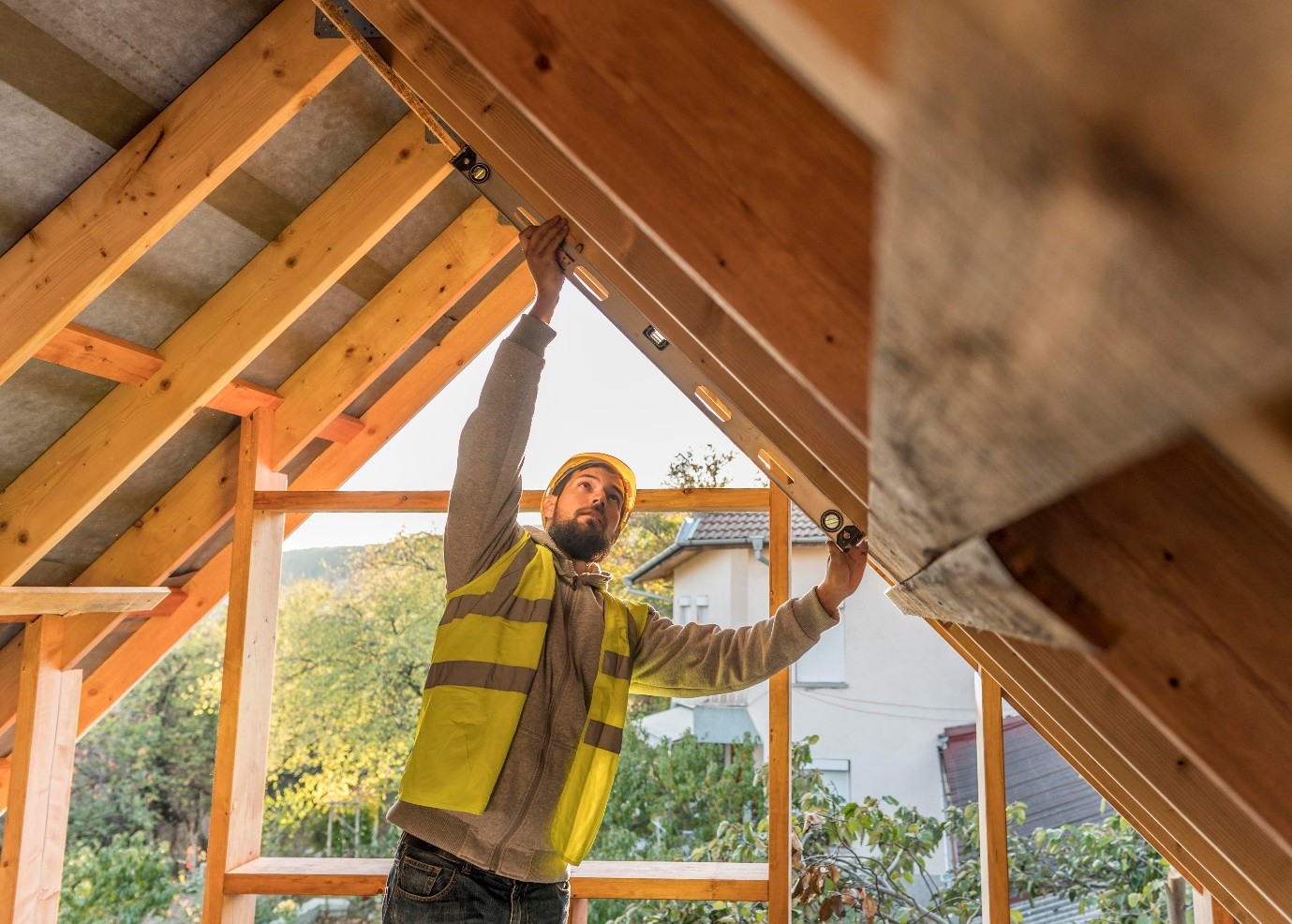Government grants can be a valuable source of funding for building projects in the UK, particularly those that benefit individuals or the community. Whether you’re looking to adapt a home for accessibility, renovate a community centre, or embark on a green building initiative, knowing how to apply for a grant can make all the difference. Read on to find out the steps involved in how to apply.
1. Understanding Government Grants
Government grants are financial aid provided by public bodies to support specific projects that align with societal goals, such as improving accessibility, enhancing community spaces, or promoting sustainability. These grants are not loans, so they typically don’t need to be repaid, provided the funds are used as agreed.
Common types of building-related grants include:
- Disabled Facilities Grants (DFG): For individuals needing home adaptations to improve mobility or independence (e.g., installing ramps or stairlifts).
- Community Building Grants: For groups renovating or building facilities like village halls, community hubs, or sports centres.
- Heritage Grants: For preserving historic or culturally significant buildings.
- Green Building Initiatives: For projects focused on energy efficiency, renewable energy, or eco-friendly construction.
2. Researching Available Grants
The first step in applying for a government grant is finding the right one for your project. Here’s how:
a. Check Local Council Websites
Councils administer many grants directly or in partnership with other bodies. Search their websites for funding opportunities specific to your area.
b. Use Online Grant Directories
Platforms like Gov.uk, Funding Central, and National Lottery Community Fund list grants for various purposes. Search by project type or your location.
c. Consult Professional Advisors
Architects, surveyors, or community development workers often have insights into relevant grants for building projects.
3. Confirm Your Eligibility
Every grant has specific criteria for applicants. These criteria often include:
- Who can apply: Some grants are for individuals, while others are for organizations like charities, community groups, or small businesses.
- Type of project: Ensure your project aligns with the grant’s objectives. For example, a Disabled Facilities Grant will focus on accessibility improvements.
- Location: Some funding is restricted to specific regions or council areas.
- Financial Need: Many grants require proof that you cannot fund the project independently or meet a portion of the costs.
4. Prepare Your Application
A well-prepared application is key to success. Follow these steps to create a strong case for funding:
a. Develop a Clear Project Plan
Your application should outline the project in detail, including:
- Objectives and intended outcomes.
- A timeline for completion.
- Specific works to be carried out.
For example, if applying for a Community Building Grant, describe how the renovated space will benefit the local population.
b. Calculate Costs
Include an itemized budget in your application. Provide quotes from contractors or suppliers to substantiate your estimates.
c. Gather Evidence of Impact
Demonstrate how the project will achieve the grant’s goals. Use statistics, community surveys, or testimonials to strengthen your case.
d. Include Supporting Documents
Attach necessary documents such as:
- Proof of ownership or permission to undertake the work.
- Architectural plans or drawings.
- Letters of support from stakeholders or local groups.
5. Submit Your Application
Follow the application process outlined by the grant provider. This may involve:
- Online submissions: Many councils and organizations use portals for applications.
- Physical submissions: For some grants, you may need to send paper applications by post.
- Deadlines: Ensure you submit before the closing date to avoid disqualification.
6. After Submission
Once submitted, your application will be reviewed by the funding body. This process can take weeks or months, depending on the grant’s complexity and demand.
a. Approval
If successful, you’ll receive the grant with terms and conditions for its use. Be prepared to provide progress updates or a final report detailing how the funds were spent.
b. Rejection
If your application is not successful, don’t be discouraged. Request feedback to understand why and explore other funding opportunities.
7. Other Funding Options
If you’re unable to secure a grant or need additional funding, consider alternatives such as:
- Charitable Trusts: Many organizations fund community or accessibility projects.
- Crowdfunding: Engage the local community to raise money.
- Low-interest loans: Some councils offer financing for building projects.
Final Thoughts
Applying for a government grant to fund a building project may seem daunting, but the benefits can be transformative for individuals and communities. Start by researching the grants available, ensuring your project meets the eligibility criteria, and crafting a clear and compelling application.
With determination and the right approach, your building project could receive the financial support it needs to make a lasting positive impact.






